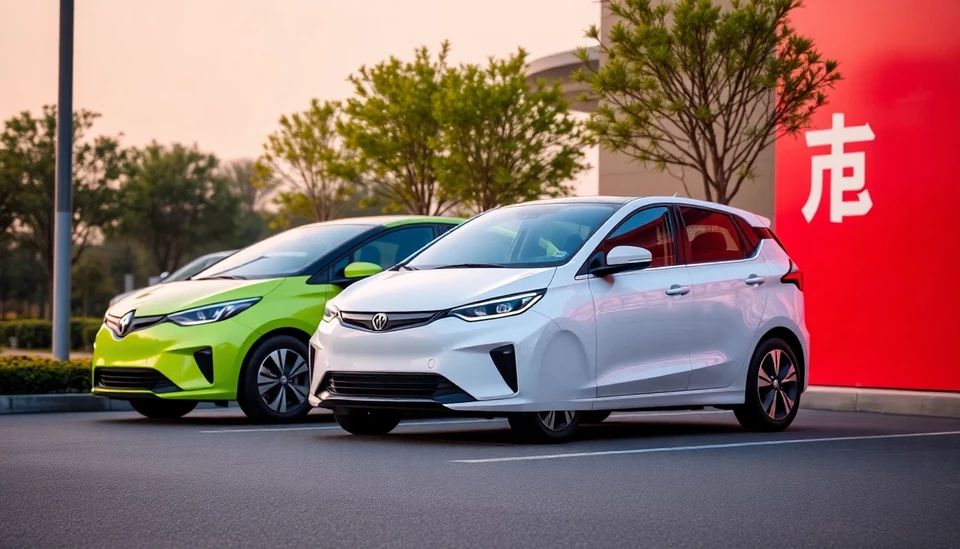
In an intense battle for market dominance, the Chinese electric vehicle (EV) sector has plunged into a price war, resulting in a wave of economic consequences that extend beyond mere profit margins. With new energy vehicle (NEV) manufacturers slashing prices to attract consumers, the market landscape has seen a profound shift, leaving behind a trail of low-quality vehicles that are increasingly becoming unrepairable.
Industry analysts note that this price reduction frenzy, which was initially perceived as beneficial for consumers seeking affordable transportation, has led to a concerning trend among automotive manufacturers. Many corporations, in a rush to enhance market share, have compromised the quality and durability of their vehicles, inadvertently creating a flurry of defective and low-tech EVs.
The fierceness of this competition has implications that are more profound than just consumer benefits. Major players in the industry are grappling with dwindling profit margins, as the strategy of operating on thinner margins has created an unsustainable business model for some manufacturers. The fallout from these aggressive pricing strategies is now manifesting in the form of abandoned production lines and dwindling confidence among investors.
Additionally, reports are emerging from consumers who have experienced issues with their cars shortly after purchase. Many of these vehicles, while initially appealing with enticing price tags, have faced problems including battery failures and software malfunctions. This has raised concerns about whether manufacturers are focusing more on short-term sales over long-term reliability and customer satisfaction.
As a result, a significant portion of the EVs sold in recent months has been reported as challenging to repair. Spare parts shortages due to disrupted supply chains and manufacturers prioritizing low-cost production have left many car owners without viable solutions for their vehicle issues. Consequently, customers who had hoped to benefit from lower prices are now finding themselves in a precarious situation, often facing hefty repair bills or even complete replacements of vehicles that should have a longer lifespan.
This ongoing situation has sparked discussions among policymakers and industry leaders regarding the sustainability of such intense competition in the EV market. While the intention behind the price war was to stimulate consumer interest and advance the adoption of electric vehicles, the narrative is shifting to include discussions on quality assurance, repairability, and the overall integrity of products being delivered to a rapidly growing market.
The internal struggle within companies reflects a broader trend in the auto industry, where the balance between affordability and quality must be carefully navigated to maintain consumer trust and brand reputation. As manufacturers continue to grapple with these changes, the path forward will likely involve reassessing their production strategies to find a balance that benefits both the company and the consumer.
In conclusion, the ambitions of establishing a robust EV market in China have led to unprecedented challenges that require urgent attention. If not addressed, the repercussions could have lasting effects not only on manufacturers but also on the consumers they aim to serve.
#China #ElectricVehicles #EVPriceWar #AutomotiveIndustry #ConsumerRights #Sustainability #MarketTrends
Author: John Harris




